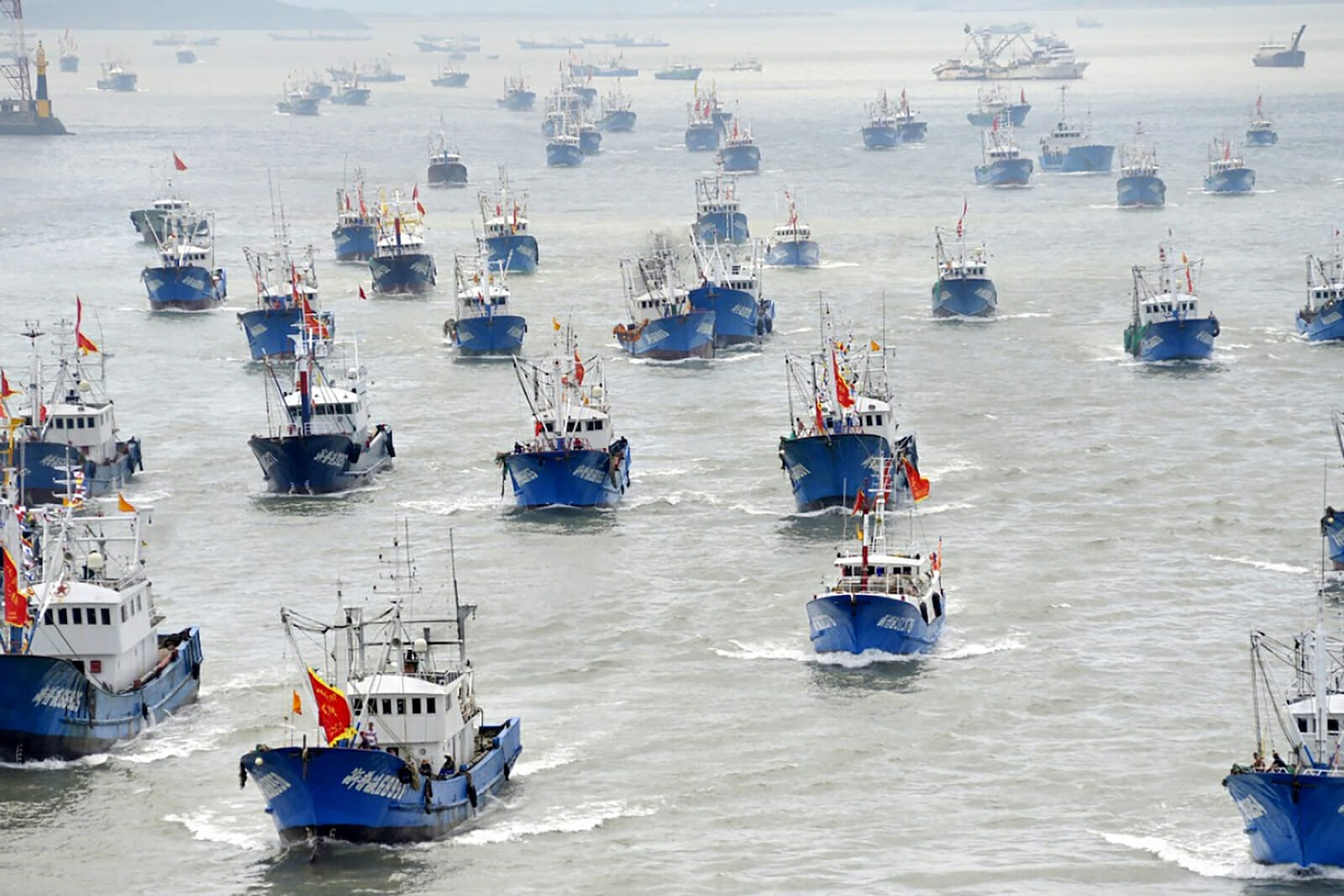
The United States, Japan, Australia, and India, collectively known as the Quad, are preparing to launch joint patrols in the Indo-Pacific region. This initiative aims to curb illegal fishing and counter China’s growing influence in the area, further cementing the group’s role as a strategic counterweight to Beijing’s increasing military and economic power.
Diplomatic sources indicate that these joint patrols, involving coast guards from all four nations, will be a key component of a joint statement expected at the upcoming Quad summit in the United States. Scheduled for next Saturday, the summit will also focus on improving regional telecommunications infrastructure and new health initiatives, such as joint efforts in cancer research and treatment.
The joint patrols, which are expected to begin next year, will feature vessels from the U.S. Coast Guard, Japan Coast Guard, Australian Border Force, and Indian Coast Guard. These patrols will serve as a coordinated effort to monitor illegal fishing activities, particularly in the South China Sea and surrounding waters, where China has been increasingly assertive. The region has seen numerous incidents of Chinese vessels conducting illegal fishing in disputed waters, raising concerns among Southeast Asian nations and Japan.
By conducting joint patrols, the Quad aims to enhance maritime order based on the rule of law, improving coordination, information sharing, and interoperability among the member countries. This initiative is seen as a direct response to China’s aggressive activities in the region, which include deploying fishing fleets that are often backed by maritime militia forces, further straining relations with neighboring countries.
Beyond maritime security, the Quad members are also expected to unveil new projects aimed at bolstering regional telecommunications infrastructure. One of the key initiatives will be the deployment of the Open Radio Access Network (Open RAN), which is designed to reduce reliance on specific companies’ technologies, particularly those from China, and mitigate potential supply chain risks. The Open RAN system is part of a larger strategy by the Quad to ensure that regional telecommunications networks remain free from outside interference and are resilient against future cyber threats.
In addition to telecommunications, the Quad will also address global health challenges. Building on their cooperation during the COVID-19 pandemic, the four nations plan to launch joint efforts to tackle cervical cancer, particularly in underserved regions. The Quad’s medical collaboration reflects their commitment to addressing pressing health issues while also contributing to broader regional development goals.
One of the central motivations behind the Quad’s joint patrols is the growing concern over China’s illegal fishing practices in the Indo-Pacific. Southeast Asian nations, in particular, have frequently raised alarms over the presence of Chinese fishing vessels in disputed waters, often escorted by Chinese coast guard ships. Japan has also voiced its concerns about illegal activities in its territorial waters, leading to increased tensions in the East China Sea.
The Quad’s joint patrols will send a clear signal to Beijing that its unchecked activities in the region will face coordinated responses from the group. Additionally, the patrols will provide smaller Southeast Asian nations with much-needed support in managing their maritime territories and reinforcing international norms related to maritime security.




